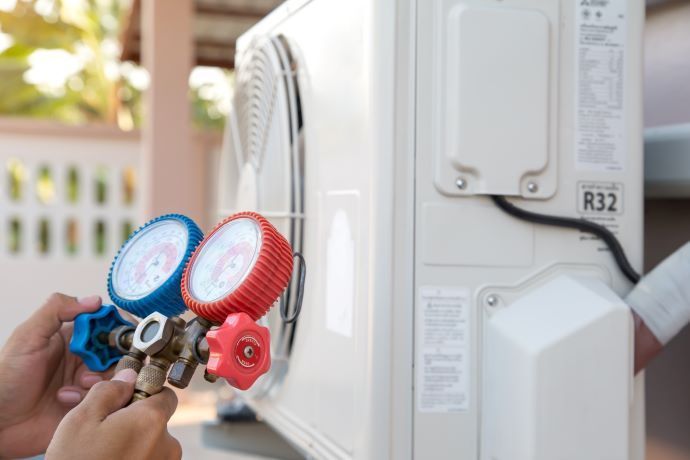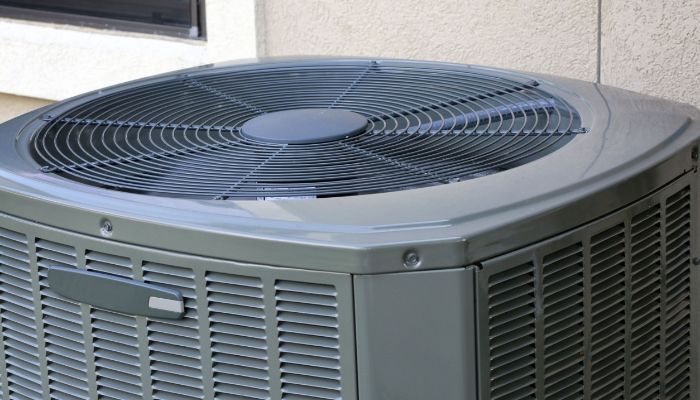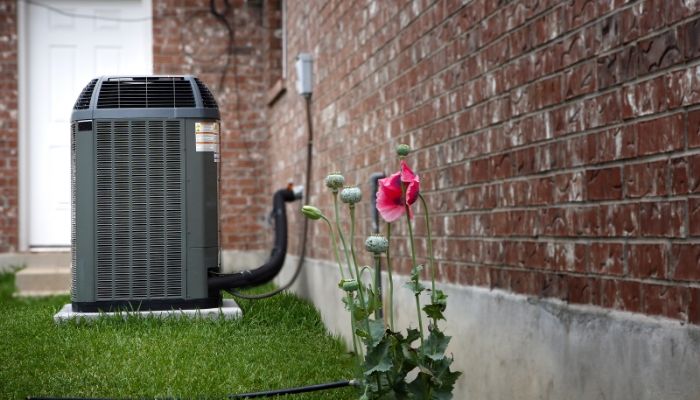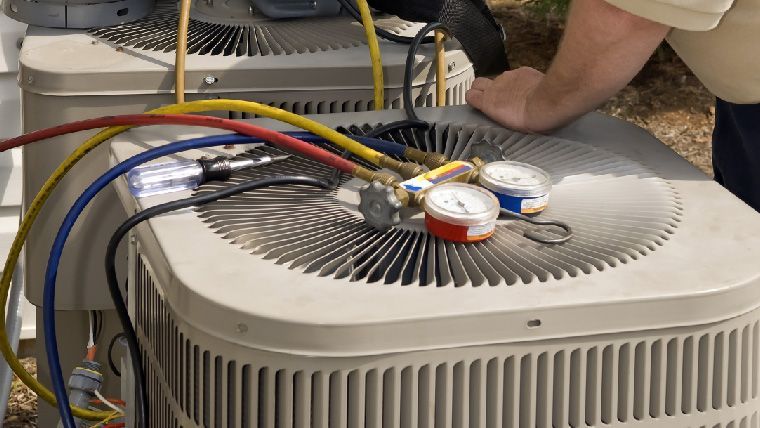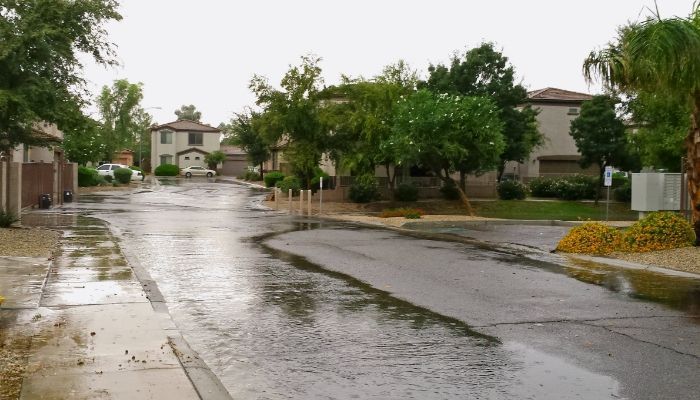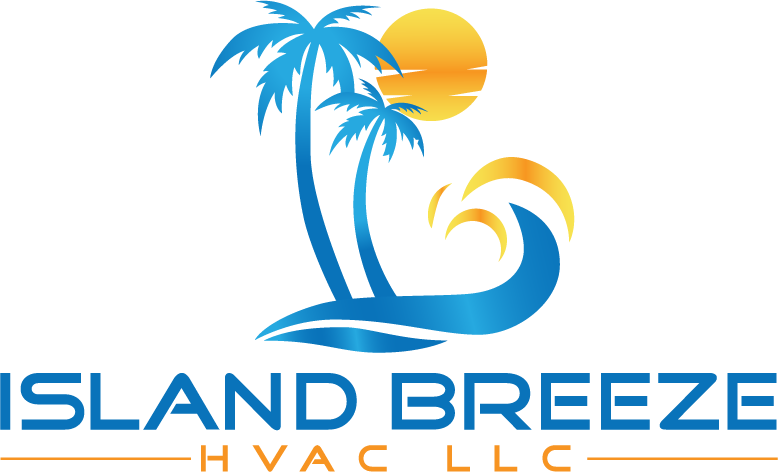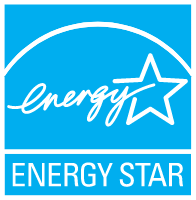How to Spot Refrigerant Leaks & What to Do About Them
Your Guide to Refrigerant Leaks
Refrigerant leaks can be a common yet frustrating problem for homeowners with air conditioning systems. Not only do they affect your AC’s ability to cool efficiently, but they can also lead to significant environmental issues if left unchecked. In this guide, we’ll help you understand how to identify refrigerant leaks and what actions to take once you’ve spotted them.
What Is Refrigerant & Why Is It Important?
Refrigerant is a chemical compound that absorbs and releases heat, making it essential for cooling your AC system. Inadequate refrigerant levels due to leaks can result in poor cooling performance, higher energy bills, and potential damage to your system.
Common Signs of Refrigerant Leaks
- Reduced Cooling Efficiency: If your AC isn’t cooling as effectively as it used to, it might be due to low refrigerant levels caused by a leak.
- Longer Cooling Cycles: Notice your AC running longer than usual? This could mean the system is working harder to cool your home due to insufficient refrigerant.
- Hissing or Bubbling Sounds: Refrigerant leaks often produce hissing or bubbling noises as the refrigerant escapes from the system.
- Frozen Evaporator Coils: Ice buildup on your evaporator coils is a strong indicator of a refrigerant leak. This happens because low refrigerant levels cause the coils to become too cold.
- Warm Air Blowing from Vents: When refrigerant levels drop too low, your AC will struggle to produce cool air, resulting in warm air blowing from your vents.
- Higher Energy Bills: A sudden spike in your energy bills without a change in usage could mean your AC is working overtime due to a refrigerant leak.
What Causes Refrigerant Leaks?
- Corrosion: Over time, corrosion can eat away at your AC’s copper coils, creating small holes through which refrigerant can escape.
- Factory Defects: Some units may have manufacturing defects that lead to early refrigerant leaks.
- Wear and Tear: Over time, normal wear and tear can lead to leaks in the refrigerant lines or joints.
- Improper Installation: If the system is not installed correctly, it might be prone to leaks.
What to Do If You Suspect a Refrigerant Leak
- Turn Off Your AC: Running your AC with low refrigerant can cause further damage to the system.
- Check for Visible Signs: Look for ice buildup on the evaporator coils or any visible signs of oil residue around the refrigerant lines.
- Call Island Breeze HVAC: A refrigerant leak requires the expertise of a certified HVAC technician. Contact Island Breeze HVAC, and our team will promptly diagnose the issue and provide the necessary repairs. Here’s what you can expect:
- Inspection and Diagnosis: Our technicians will inspect your system and locate the source of the leak using specialized equipment.
- Leak Repair: Depending on the leak’s severity, repairs may involve sealing small leaks or replacing damaged parts.
- Recharge and Test: Once repaired, we’ll recharge your system with the correct amount of refrigerant and ensure it’s cooling effectively.
- Consider Replacement for Older Systems: If your system is old and has frequent refrigerant leaks, it may be more cost-effective to replace the entire unit with a new, energy-efficient model.
How to Prevent Future Refrigerant Leaks
- Regular Maintenance: Schedule annual HVAC maintenance with Island Breeze HVAC to catch potential problems early.
- Install a Leak Detection System: Some systems come equipped with leak detection technology or can be upgraded to include it.
- Use a Refrigerant Sealant: A sealant can be used to prevent small leaks in the system, but it’s not a substitute for professional repairs.
Here to Help You Handle Refrigerant Leaks Safely
Refrigerant leaks are a serious issue that can reduce your AC system’s efficiency and lead to costly repairs. If you notice any signs of a refrigerant leak, it’s essential to act quickly to prevent further damage. Contact Island Breeze today for professional leak detection and repairs. Our team of certified technicians will diagnose the issue and restore your cooling system to optimal performance.
We’re available over the phone at (919) 693-4822 or online via our contact form!
The post How to Spot Refrigerant Leaks & What to Do About Them appeared first on Island Breeze LLC.
